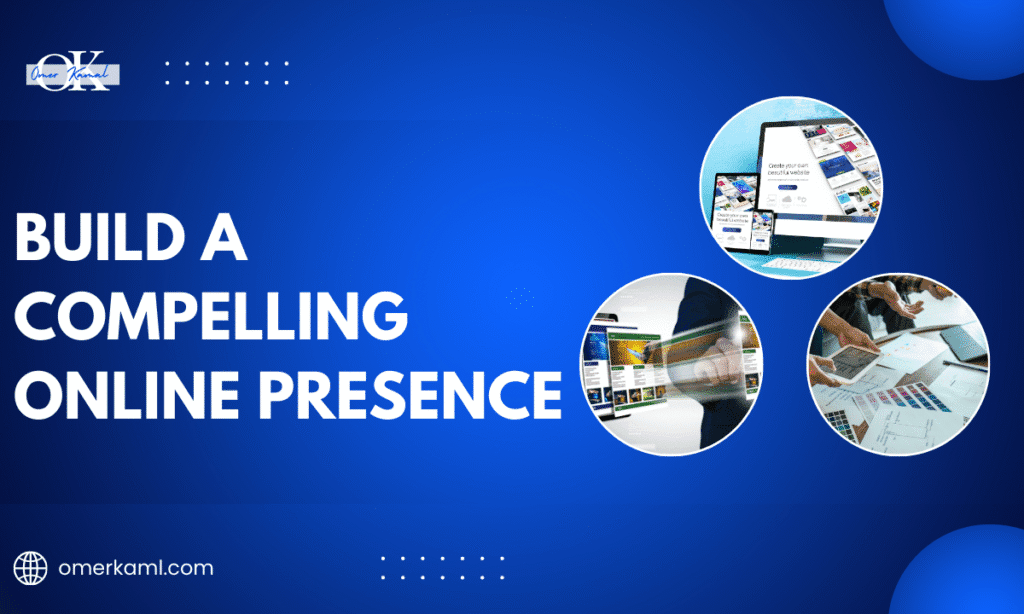Starting a business is an exciting but tough journey. The digital age lets us connect with audiences like never before. But, it also brings fierce competition. For startups, effective digital marketing can be key. It can help them stand out, gain traction, and grow sustainably. Here, we delve into actionable, psychology-driven digital marketing strategies tailored for startups.
1. Set clear and measurable goals
Human psychology thrives on clarity and purpose. Before any marketing, define your goals with the SMART framework. It represents Specific, Quantifiable, Attainable, Pertinent, and Time-limited. Instead of saying, “We want more customers,” say, “Increase website traffic by 30% in three months.” Clear goals motivate and focus. They also set a benchmark for success.
2. Know Your Audience Inside and Out
Successful marketing starts with understanding your target audience. Dive into their behaviors, preferences, and pain points. Use tools like surveys, interviews, and analytics to create detailed buyer personas. For example, young professionals may value quick, convenient solutions. Catering to these desires in your messaging builds an emotional bond. It makes your brand more relatable and trustworthy.

3. Build a compelling online presence
Your website is often the first impression your audience will have of your business. Psychology emphasizes the importance of aesthetics and functionality.
- User Experience (UX): A clean, mobile-friendly website lowers bounce rates. It does this by creating a positive experience.
- Storytelling: Use compelling narratives on your site to resonate emotionally with visitors. Share your brand’s journey, mission, and values.
- Speed Matters: Slow-loading pages frustrate users and can lead to lost opportunities. Optimize your website for speed and performance.
4. Master the Art of Content Marketing
Content marketing plays into human psychology by addressing needs and solving problems. Create high-value content that educates, entertains, or inspires. Blog posts, videos, infographics, and podcasts are effective formats. Ensure that every piece of content answers a question or fulfills a desire your audience has. For example:
- If you’re a tech startup, produce “how-to” guides that simplify complex processes.
- Leverage storytelling to make your content memorable.
5. Leverage social proof and social media
Humans are inherently social beings, heavily influenced by the opinions of others. Use testimonials, reviews, and user-generated content to build credibility. Post on social media platforms where your target audience is most active. Here’s how:
- Consistency: Share content regularly to stay top-of-mind.
- Engagement: Respond to comments, messages, and mentions to build relationships.
- Psychological Triggers: Use FOMO by promoting limited-time offers and trending products.
6. Embrace Email Marketing
Email marketing is one of the oldest digital marketing tools. It is still very effective. It taps into psychology by fostering a sense of exclusivity and direct communication. Tips for success:
- Segment your email list to send personalized messages.
- Use attention-grabbing subject lines to boost open rates.
- Provide value in every email, whether it’s a discount code, a useful tip, or exclusive content.
7. Invest in Pay-Per-Click (PPC) Advertising
PPC advertising, such as Google Ads, offers a fast track to visibility. Humans are visual. So, make your ads eye-catching. Use strong CTAs. Key pointers include:
- Focus on high-intent keywords to attract ready-to-buy customers.
- Continuously optimize campaigns based on performance metrics.
- Use retargeting ads to re-engage visitors who didn’t convert initially.
8. Tap into the power of SEO
Search Engine Optimization (SEO) caters to the human desire for instant answers. Appearing at the top of search results gives your brand authority and trustworthiness. Effective SEO strategies include:
- Conducting keyword research to align with what your audience is searching for.
- Creating high-quality, long-form content that answers complex questions.
- Building backlinks to establish credibility with search engines.
9. Watch, measure, and adapt
Data-driven decision-making is essential. Consistently assess your promotional efforts with tools such as Google Analytics. Pay attention to metrics such as:
- Traffic Sources: Understand where your audience is coming from.
- Engagement Rates: Identify which content resonates most.
- Conversion Rates: Pinpoint which strategies are driving results.
Adapt your approach based on insights. If email campaigns outperform social media, invest more in email marketing.
10. Focus on Building Relationships, Not Just Sales
Startups that prioritize relationships over transactions often see greater long-term success. Apply these psychological principles:
- Reciprocity: Offer free value, such as eBooks or free trials, to encourage goodwill.
- Authenticity: Be genuine in your communication to foster trust.
- Community Building: Create forums for customers to connect and share experiences.
11. Embrace innovation and experimentation.
The digital landscape is constantly evolving, and startups must adapt. Experiment with emerging trends like AI-driven chatbots, interactive content, or influencer partnerships. Not every strategy will succeed. But, a growth mindset lets your brand learn and improve.
Conclusion
Startups need effective digital marketing. It requires a mix of strategy, psychology, and constant adaptation. These strategies will help startups. They can build a strong brand, connect with their audience, and grow sustainably. Success in the digital world isn’t just about a great product. It’s about delivering value, building trust, and making connections. At OmerKamal.com, we know startups face many challenges. We’re committed to helping them thrive in the competitive digital world.
For more insights on building a successful business, visit omerkamal.com.
Learn More:
Validate Your Online Business Idea: 7 Proven Steps for Success
Understanding Your Target Market: 8-Step Guide for Startup Success







